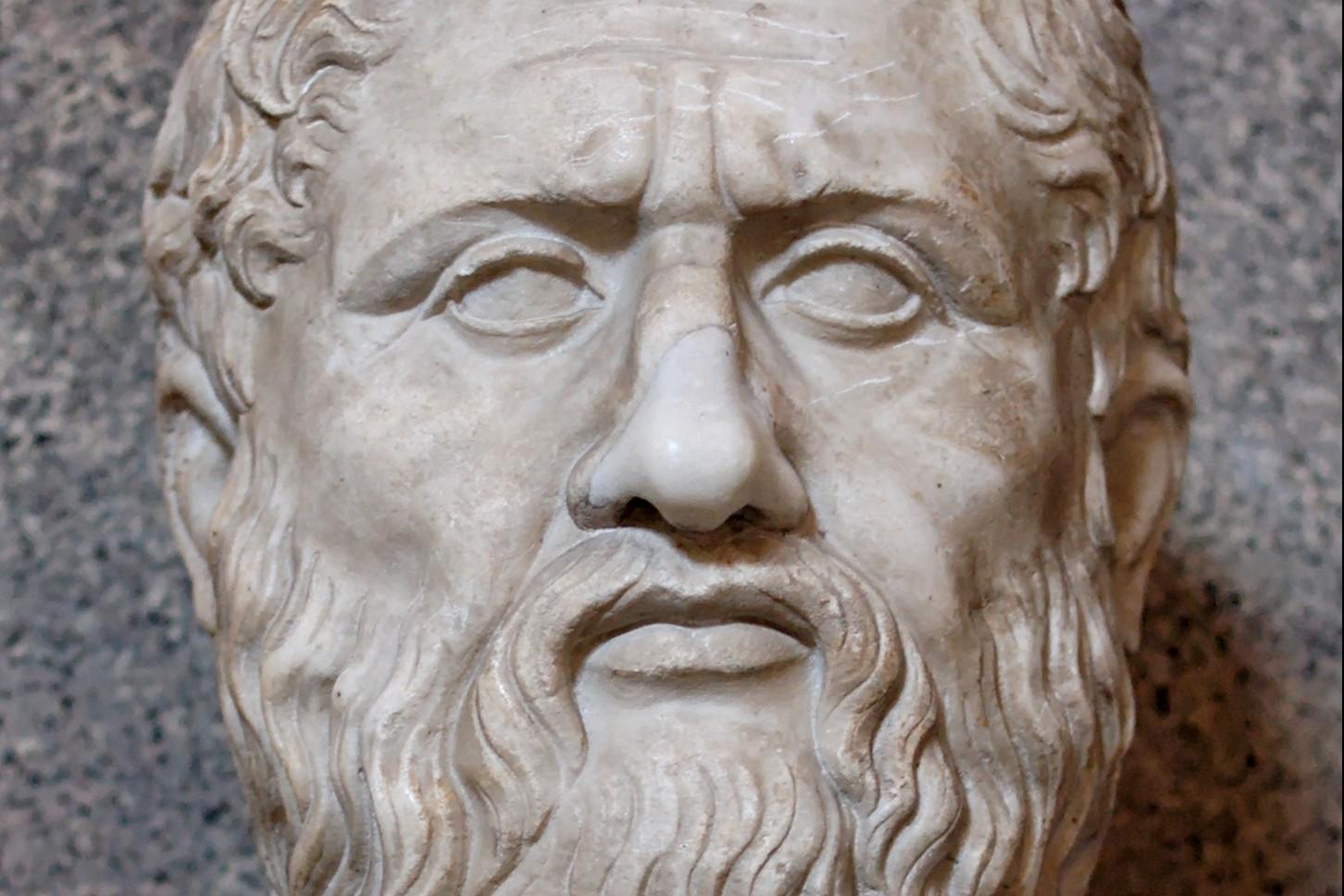Cart
1
Quantity
4,00 €
Product You May Also Like
Payment details
Sub Total
4,00 €
Shipping
Free!
Total
4,00 €
Apply

 Fennel Taralli
Fennel Taralli



















Leave a comment